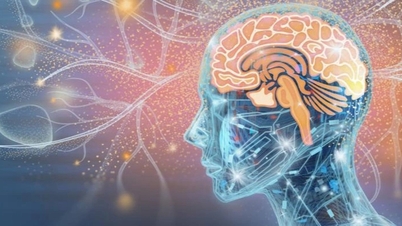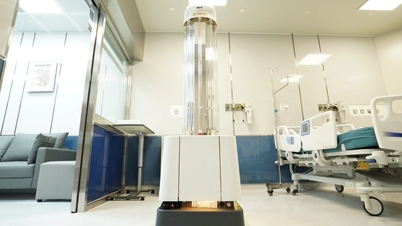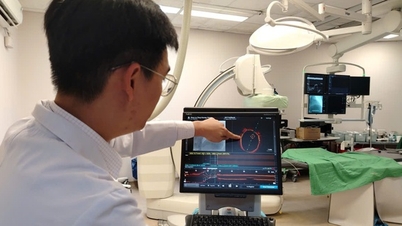
Photo greymattersofcarmel.com
The study, conducted by scientists at the University of Queensland, Australia, shows that nerve cells - also known as neurons - not only "eat" sugar (glucose) to transmit signals and maintain activity, but can also use small fat molecules called saturated free fatty acids. These molecules are produced by the activity of a gene called DDHD2.
Dr Merja Joensuu, head of research at the University of Queensland’s Institute for Bioengineering and Nanotechnology, said fat is an essential part of the brain’s energy metabolism. He said understanding its role could be key to restoring neurological function when this process is disrupted.
This finding is particularly important because mutations in the DDHD2 gene have been linked to hereditary spastic paraparesis type 54 (HSP54) – a neurological disorder that causes the legs to gradually weaken and stiffen over time.
In animal model experiments, the team found that supplementing activated fatty acids could restore energy production and normal neuronal function, even when the DDHD2 gene was defective. In contrast, increasing sugar intake did not have the same effect.
This opens up the prospect of developing new treatments not only for HSP54 but also for many neurodegenerative diseases such as Alzheimer's - which are associated with energy depletion in nerve cells.
The team is now conducting preclinical trials to assess the safety and efficacy of fatty acid-based therapies before moving on to human trials.
The study was published in the journal Nature Metabolism.
Source: https://tuoitre.vn/phat-hien-bat-ngo-nao-chung-ta-cung-them-chat-beo-20251001171039873.htm










































































































Comment (0)